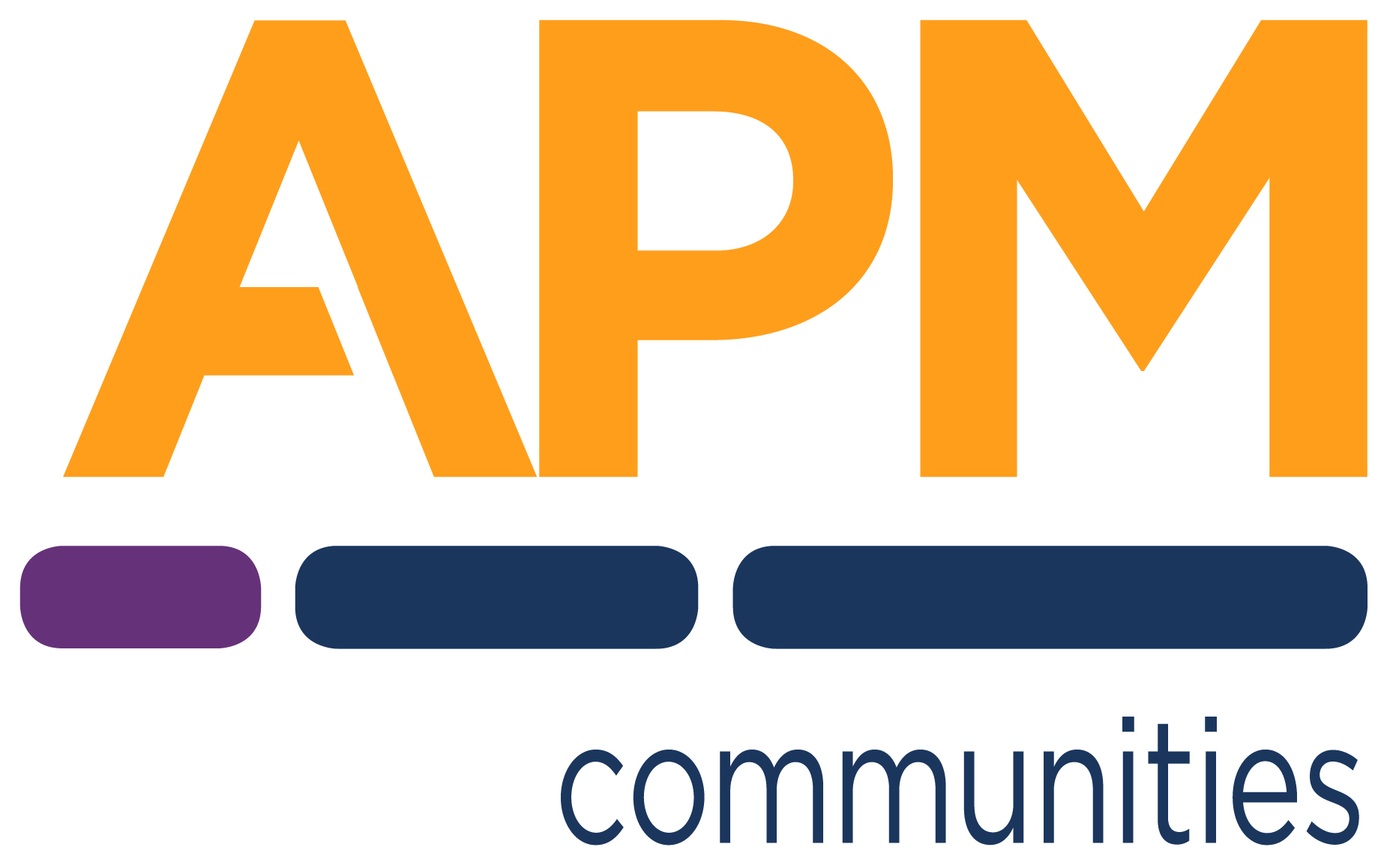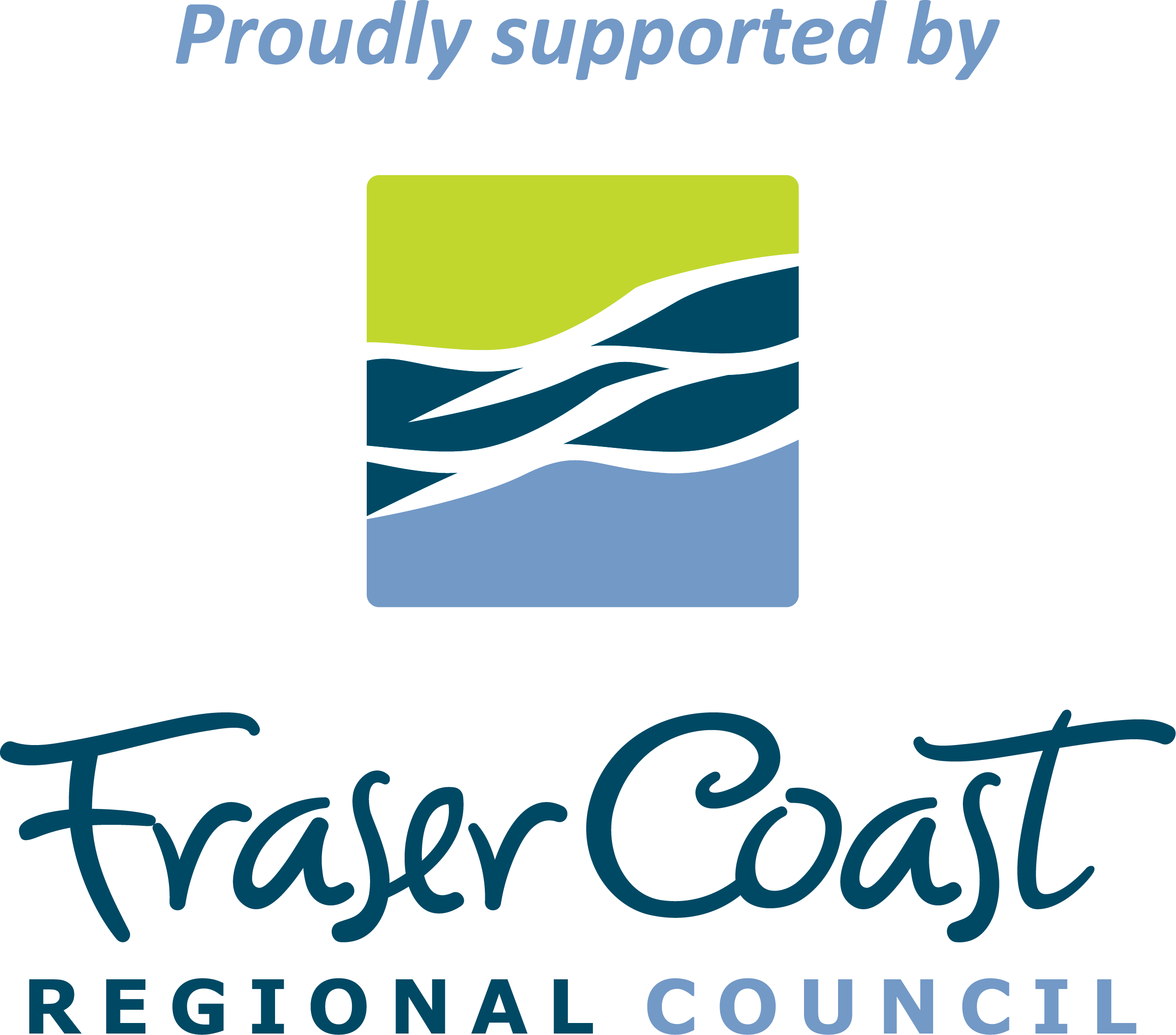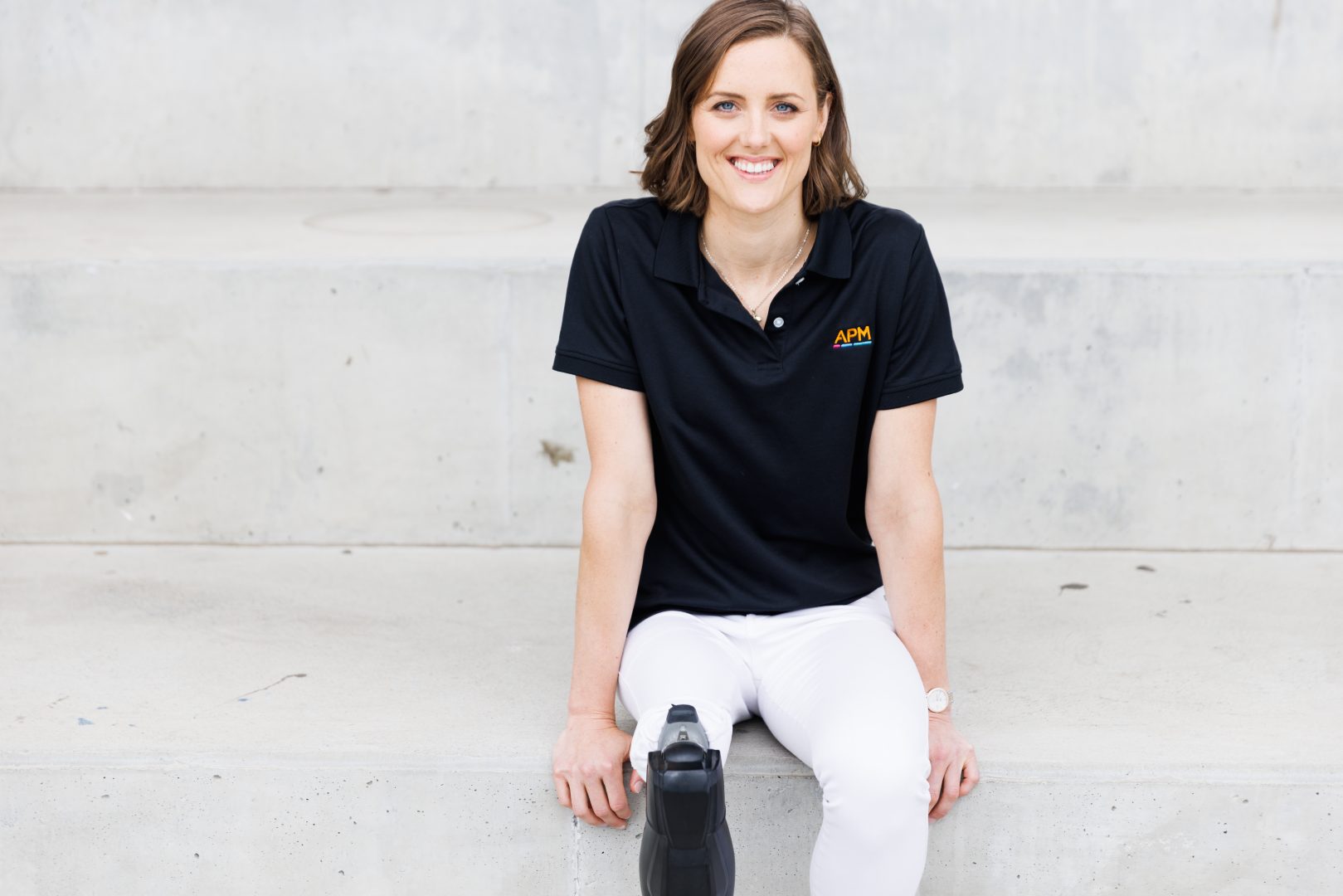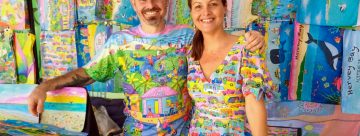-By Kim Parnell-
At the tender age of two, Ellie Cole’s life took an unexpected turn when doctors discovered a rare neurosarcoma tumour wrapped around the nerves of her right leg. Intensive cancer treatments proved futile, and her parents made the lifesaving decision to amputate her leg when she was just three years old. Two months later Ellie’s mum enrolled her daughter in swimming lessons to aid her rehabilitation and recovery setting the stage for an extraordinary journey ahead.
Ellie Cole is Australia’s most decorated Paralympian and embodies resilience in the face of any adversity. She has accomplished more than many of us do in a lifetime. This year, she was honoured with a Member of the Order of Australia (AM) additionally, she serves as an ambassador for APM, and advocates for individuals with disabilities.
You competed in your first Paralympic Games in 2008 in Beijing, where you won a silver and two bronze medals what did that feel like?
I was still in high school at the time. Breaking through onto the national team and competing in Beijing happened so quickly that it’s difficult for me to remember what I felt then. London 2012 is where I broke through and won my first gold medal. I remember being so focused on winning gold up until that point and when it finally happened, it was quite surreal.
When you dedicate so much time and effort to achieving something, it’s almost like you can’t process or comprehend that you have done it. Of course, I felt so proud of what I had achieved at those Games, and reflecting on the achievement years later gives a whole new perspective.
Explain to us what the training regime is like for an Olympian on the Australian Team.
A Paralympic swimmer’s training regime is no different from that of an Olympic Swimmer. I would complete up to 10 sessions in the pool per week, plus 3-4 heavy gym sessions, 3-4 cross-training sessions, plus extra activities such as physio, massage, nutrition, etc. Training as a professional athlete really is a full-time job, only you have a high level of physical exhaustion and fatigue during your non-work hours.
When you claimed your seventeenth Paralympic medal in Tokyo, you became Australia’s most decorated female Paralympian with six gold, five silver and six bronze medals from four Paralympic Games. What does the title mean to you and how did it feel when this was announced?
Going into Tokyo with 15 medals, I didn’t know that I was in reach of the title previously held by Priya Cooper, an athlete I admired heavily growing up and a star at the Sydney 2000 Paralympic Games.
Continuing her legacy is an honour. I’ve experienced firsthand the profound impact of the Paralympic movement, not only for individuals with disabilities but also for those without. As the title was announced, marking the end of my career, I felt immense pride in the movement’s progress and its positive impact on my life.
In 2020, you were Australia’s flag bearer at the Tokyo Closing Ceremony. How did that moment feel?
This is one of the proudest moments of my career and came at a time when I was retiring. It was a moment I knew would live with me forever. The Paralympic team is part of who I am and always will be. To be able to carry the flag for Australia, on behalf of all Paralympians, and a team that has meant so much to me was something that I didn’t take lightly. I felt so inspired by my fellow athletes, particularly as we competed at a Games in the middle of a pandemic.
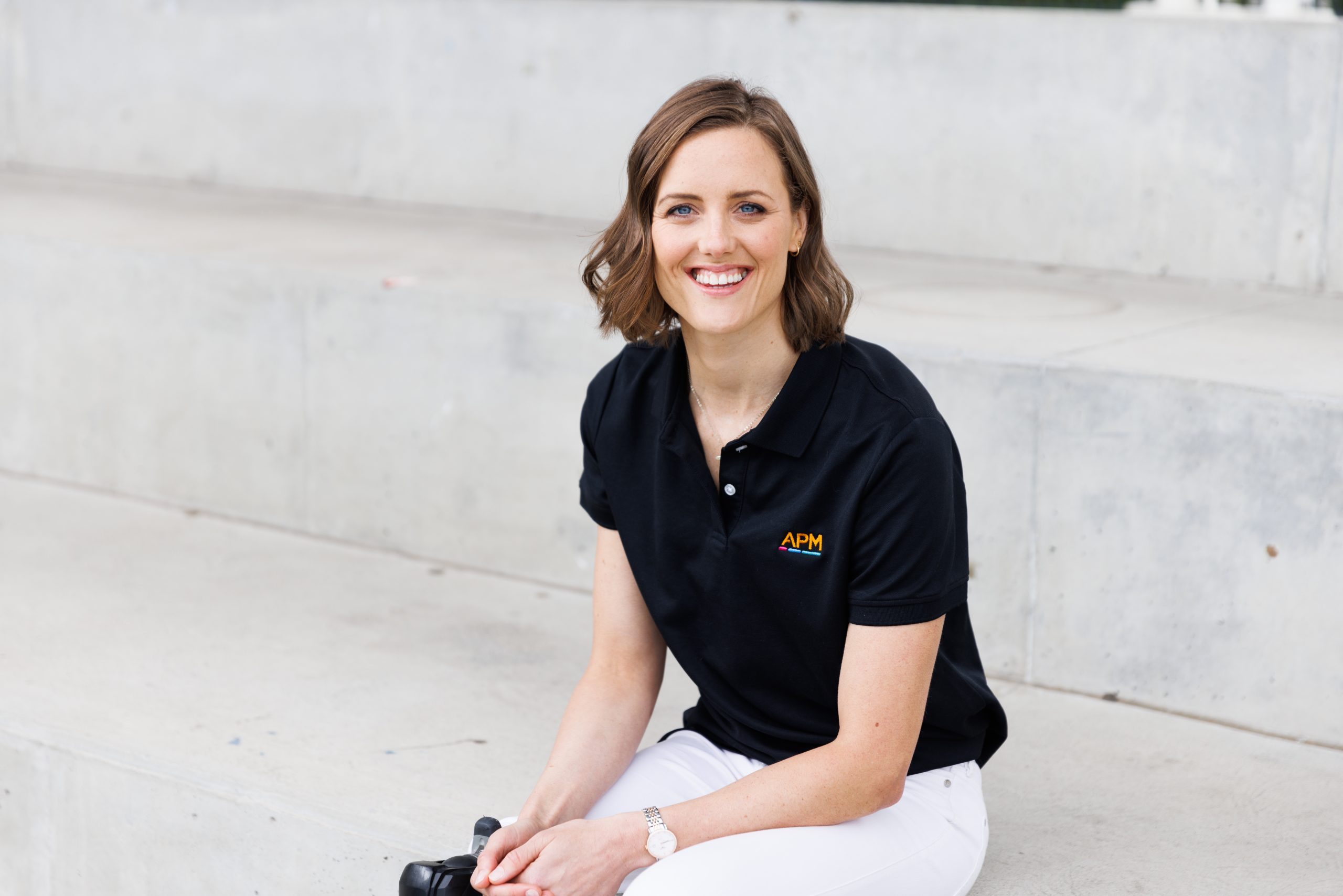
While Olympic medal-winners for Australia picked up prizes up to $20,000 for a gold medal, Paralympic medallists previously received nothing, until the Tokyo 2020 Paralympic Games. How did you feel when you first found out and how did you advocate for change?
During my career, I competed for Australia without pay, driven by pride and a sense of purpose larger than myself. My parents and I advocated for equality in sports, starting with televised Paralympic events at National championships and addressing funding gaps between Olympic and Paralympic athletes. Discovering medal bonuses on my last race as a Paralympian stirred deep emotions. Looking at my teammates, I realised we had finally done it. The prize money was amazing, but its symbolic value, recognising Olympic and Paralympic athletes equally, moved me most.
What other ways have you been discriminated against in the sport?
A lot of discrimination is unconscious but evident in the structure of swimming programs, limited opportunities in local clubs, and a lack of pathways for developing Paralympic athletes. Change often requires commitment from those in influential positions, whether in boardrooms or government. The recent introduction of medal bonuses for Paralympic athletes resulted from collective efforts, through a social media campaign. Every bit helps, it really does.
In August 2022, you announced that you would be retiring from the sport after 19 years of competing. How has life after swimming been, and how have you adjusted?
Life after swimming has been great. Retiring from professional sport has allowed me the freedom to do things that I’ve had to say no to in the past. In the lead-up to my retirement, I had been preparing myself for life after sport as I know it is something that many athletes struggle with. Adjusting to a life without the sport I dedicated nineteen years to wasn’t easy, but with careful planning, I’ve embraced the change. Each new opportunity excites me, and I look forward to exploring where they lead.
You also competed on I’m A Celebrity…Get Me Out of Here! to raise funds for a cause close to her heart. Tell us a little about what the experience was like and what you may have learnt along the way.
I ventured into the jungle to raise funds for Challenge – supporting kids with Cancer, a charity close to my heart for its support during my own childhood cancer battle.
The experience in the jungle was much harder than I had anticipated. Completely removed from the comforts of everyday life, as well as from my family, I had to learn to be comfortable with slowing right down. Surrounded by campmates reflecting on life, I knew that I had an amazing family I was going back home to, and they were always going to be the most important thing to me. While I welcome opportunities in retirement, the jungle experience highlighted the value of simple moments with loved ones. It offered perspective and only positive outcomes.
As a guest speaker as part of the 2024 Fraser Coast All Inclusive Sport Festival. How much are you looking forward to the visit?
I’m very much looking forward to speaking at the festival. I’ve never actually been to Hervey Bay but have always wanted to visit. Inclusion, sport, and Hervey Bay are the perfect combination to make a great event.
Fraser Coast All Inclusive Sport Festival Event
July 9 – 6pm – 9pm
Guest speaker – Paralympian Ellie Cole
The Hervey Bay Neighbourhood Centre, 22 Charles St, Pialba
Cost: Free – Registration required – Fraser Coast All-Inclusive Sports Festival | APM
